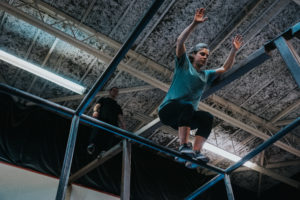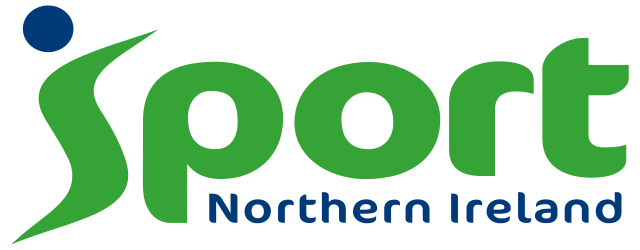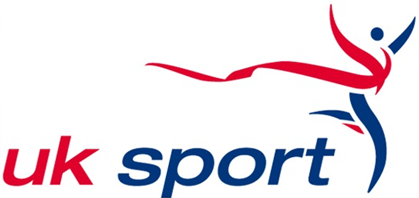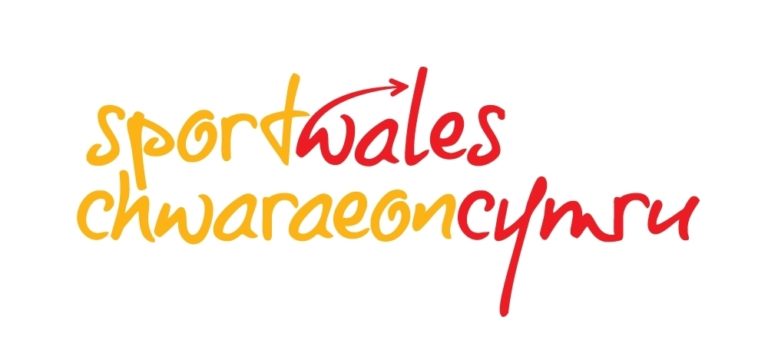Welcome Tracy
by Parkour UK
At our September board meeting we welcomed Tracy Rea to Parkour UK, replacing Steve Mitchell as the independent chair of Parkour UK.
Tracy was appointed through open recruitment and voted on by our members. The specialist skills that the appointment was based on are leadership, governance, understanding of the sports landscape in the UK and people & workforce. Parkour UK worked with Sam Coppack and his ‘Parkour Coach Companion’ podcast to produce an interview with Tracy which covers many angles.
- Who are you what is your background?
- What is the appeal of parkour and Parkour UK for you?
- What Parkour have you seen / what do you understand?
- What do you think are the immediate priorities?
- With your understanding of the sports sector, what are the opportunities for Parkour UK?
- How are you considering the importance of the community….how do you want to see this evolve?
The interview can be heard in full on YouTube here and on Spotify here. Please note that it was recorded in August 2021.
Colleagues on the board and the executive team are pleased to welcome Tracy to Parkour UK and are excited about the future.

 Parkour UK would like to congratulate our members – Train Hard Parkour – who have received a grant to be able to offer Parkour and drive participation in physical activity across Bournemouth, Christchurch, and Poole.
Parkour UK would like to congratulate our members – Train Hard Parkour – who have received a grant to be able to offer Parkour and drive participation in physical activity across Bournemouth, Christchurch, and Poole.



